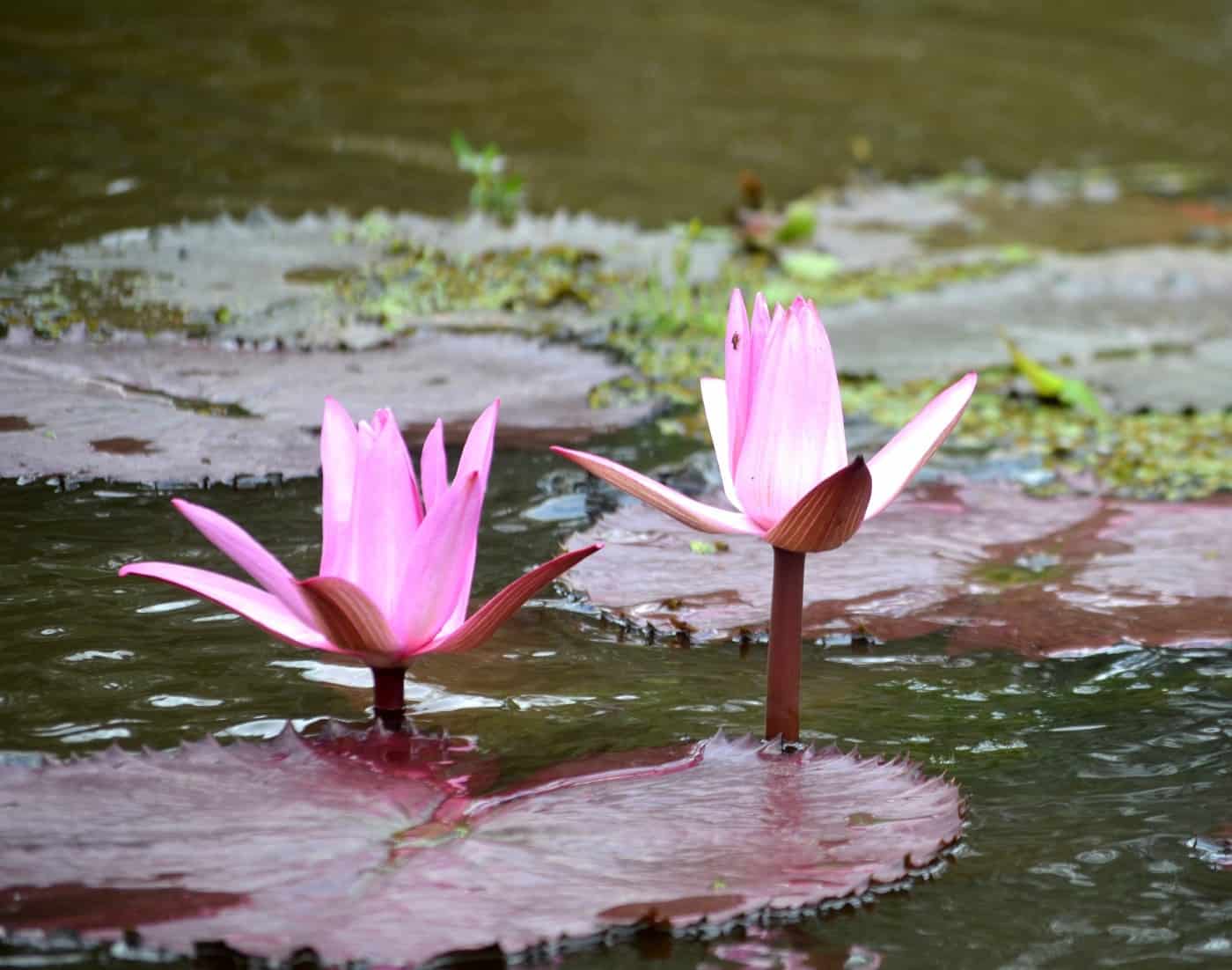In the spring of 2010, my email box was inundated with writers looking for the softer side of the story of the Deepwater Horizon explosion and following oil spill disaster. These seekers of a different angle flocked to my bayou to interview my shrimping neighbors. As a wetland advocate, I wondered how I could use this man-made disaster as a platform to further the cause of education and awareness.
It became clear to me early on that most of the journalists who arrived at my door really had no clue about our culture and way of life. So, if they wanted a story about how the oil spill had impacted us, then they must humor me and allow me to educate them about this vanishing ecosystem and its people.
What these well-meaning journalists needed first was a foundational perspective from the standpoint of a population of coastal communities who were suffering yet one more blow to their way of life. As a woman who lives, works, and fishes here, I could give them that perspective, which was simply this:
This oil spill was not an isolated disaster for the people of coastal Louisiana. It was like being kicked when we were already down. And here’s why.



